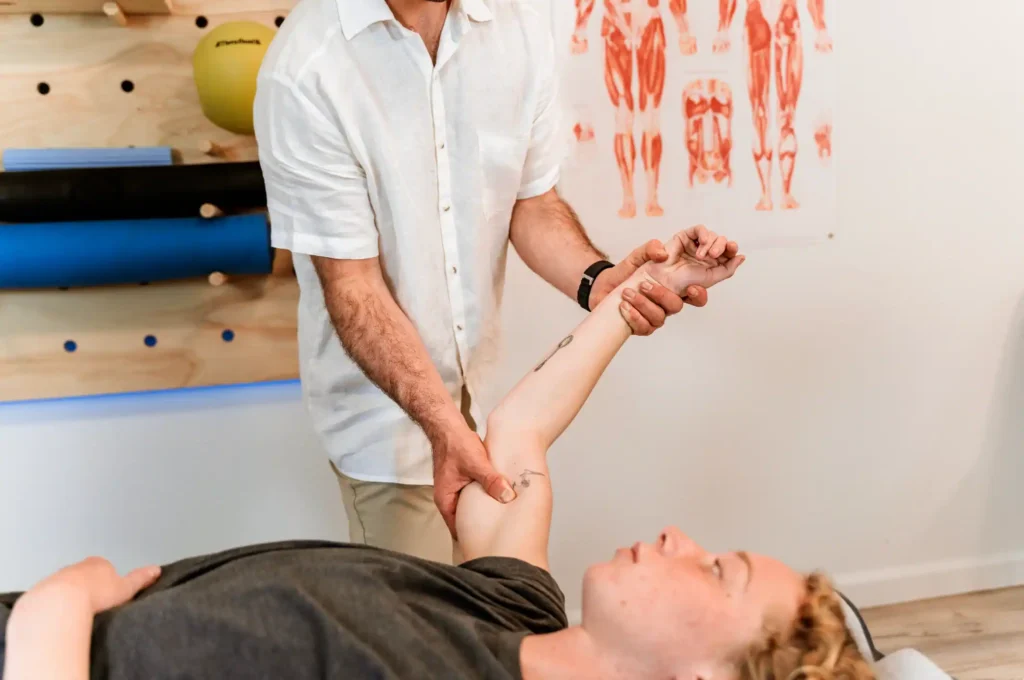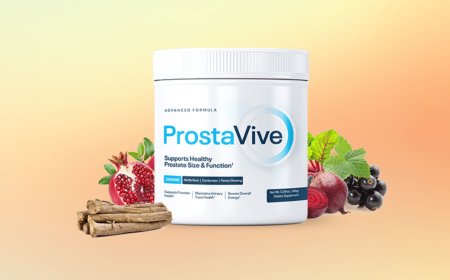Relieve Tension and Improve Mobility: How Targeted Therapy Can Transform Your Body
Experiencing tight, painful muscles after long hours at a desk or intense physical activity is more common than many realize. Muscle knots, also called trigger points, can significantly impact daily life by restricting movement and causing persistent discomfort. Addressing these knots effectively requires precise techniques that target the source of tension, rather than simply masking the pain. Among the most effective interventions, soft tissue therapy for muscle knots has emerged as a proven method to reduce discomfort, restore mobility, and promote overall physical wellness.

Understanding Muscle Knots and Their Impact
Muscle knots are areas of contracted muscle fibers that fail to relax, leading to localized pain and stiffness. They often develop due to repetitive motion, poor posture, stress, or injury. Untreated muscle knots can restrict blood flow and lead to chronic tension in surrounding muscles. Soft tissue therapy for muscle knots works by applying focused pressure and specialized techniques to release these adhesions, allowing muscles to regain flexibility. Incorporating these therapy sessions into a routine can enhance physical performance and prevent further complications.
The Science Behind Soft Tissue Therapy
The effectiveness of soft tissue therapy for muscle knots lies in its ability to break down adhesions in muscle fibers while stimulating circulation. This therapy improves oxygen and nutrient delivery to the affected area, accelerating healing and reducing inflammation. By targeting specific trigger points, it can relieve tension not only in the localized region but also in connected muscles. Regular sessions help maintain muscle health, improve range of motion, and minimize the likelihood of recurring knots, making it a sustainable solution for long-term physical wellness.
Benefits of Personalized Assisted Stretching Sessions
While soft tissue therapy addresses the root of muscle tension, personalized assisted stretching sessions complement this approach by improving overall flexibility and posture. These sessions involve guided stretches tailored to an individual’s unique body mechanics, targeting areas prone to tightness or restricted mobility. Personalized stretching enhances the effects of soft tissue therapy by keeping muscles elongated and relaxed, reducing the chances of reoccurring knots. Over time, this approach supports better alignment, eases daily movement, and contributes to overall musculoskeletal health.
Integrating Assisted Stretching for Lasting Results
Incorporating personalized assisted stretching sessions into a wellness routine offers long-term benefits beyond immediate relief. Each session is designed based on the body’s specific needs, focusing on flexibility, muscle balance, and joint mobility. When combined with targeted soft tissue therapy, assisted stretching helps maintain healthy muscle length and prevents stiffness from returning. Regular participation can lead to improved posture, enhanced athletic performance, and a reduction in chronic pain, creating a balanced and sustainable approach to physical health.
Conclusion: Achieving Optimal Muscle Health
Addressing muscle knots and tightness requires a combination of targeted interventions and guided care. Techniques such as soft tissue therapy for muscle knots paired with personalized assisted stretching sessions provide an effective, non-invasive solution for improving mobility, alleviating discomfort, and preventing future muscle issues. Those seeking professional care can explore resources and treatment options at thechiropractorr.com, where comprehensive therapies and tailored programs ensure a holistic approach to muscle health and wellness. Integrating these practices consistently can transform daily comfort, physical performance, and overall quality of life.




















